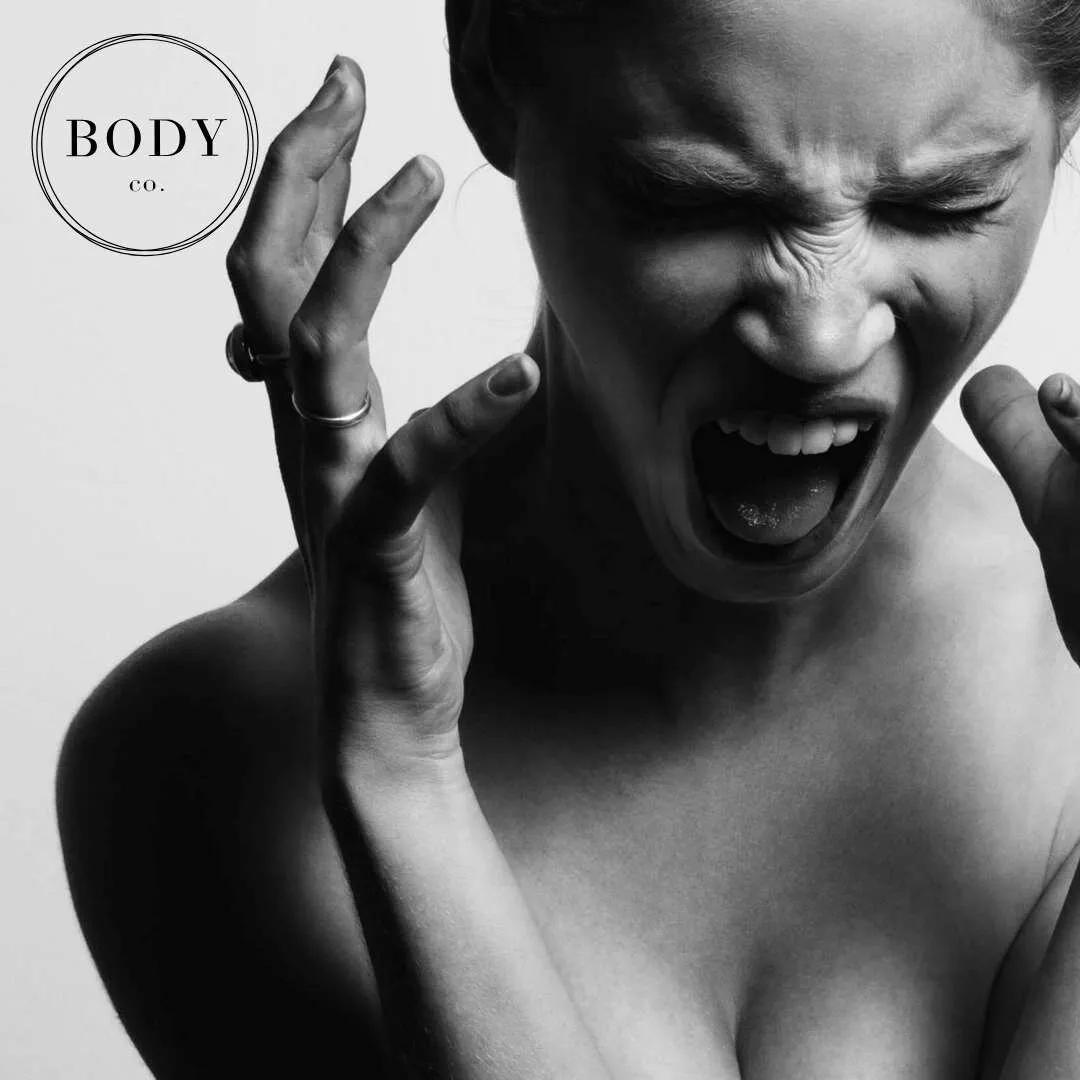Yes, I am a physiotherapist. A movement specialist. I assess your mobility. Your pain. Your muscle imbalances. And yes, my goal is to get you back to your best physical state.
But my patients are often surprised to hear me ask about their diet, sleep and stressors during their assessment. Many of them are not thrilled when I encourage them to improve their sleep schedule, change their diet or focus on deep breathing and meditation. After all, they just want to focus on improving their pain. So why is it important?
In light of the recent Bell Let’s Talk day and Blue Monday I want to educate you on the connection between mental and physical health.
Did you know…
Mental health is a risk factor for chronic physical conditions. (1)
Depression is linked with risk of coronary artery disease. (2)
One out of every two Canadians with major depression and a co-existing chronic physical condition report limitations in their day-to-day activities. (1)
Diabetes rates are significantly elevated among people with mental illnesses. (3)
30 to 50% of people with chronic pain also struggle with depression or anxiety. (3)
Pain pathways are altered by attentional state, positive emotions, and negative emotions among many other factors unrelated to the pain stimulus itself. (4)
Pain starts at the level of the brain. And NO, this does not mean the “pain is in your head.”
When someone experiences tissue damage, the brain sends pain stimuli to that area to draw our attention to, and essentially, protect it. Over time, this damaged tissue starts to heal but the brain may continue to send pain signals. Why? Well, pain over time can lead to physical limitations which contributes to catastrophization, depression and anxiety. Over time, these pain neural pathways coming from the brain will fire at a much smaller stimuli. For example, people with chronic back pain may experience pain just by seeing someone else bend over to pick up an object. (5)
This mental-physical relationship can become a vicious cycle of immobility, negative emotions and essentially, chronic pain. Your sleep, diet, exercise and thoughts can all positively or negatively impact your pain. To improve your pain, we must start at the brain.
THAT is important to me. And should be to you as well.
So, let’s talk. Let’s talk about your pain. Let’s talk about your thoughts. Let’s talk about your bad days, weeks, months or years. And together, let’s make you, YOU again.
Here are 5 ways you can improve your mental and physical health:
Drink plenty of water
Get at least 8 hours of sleep a night
Exercise regularly
Eat a nutritious and well-balanced diet
Think positive thoughts! ☺
References
Ontario.cmha.ca. (2019). Connection Between Mental and Physical Health | CMHA Ontario. [online] Available at: https://ontario.cmha.ca/documents/connection-between-mental-and-physical-health/
Mental Health Foundation. (2019). Physical health and mental health. [online] Available at: https://www.mentalhealth.org.uk/a-to-z/p/physical-health-and-mental-health
Fishbain, D., Goldberg, M., Meagher, R., Steele, R. and Rosomoff, H. (2019). Male and female chronic pain patients categorized by DSM-III psychiatric diagnostic criteria.
Crofford, L. (2019). Chronic Pain: Where the Body Meets the Brain. [online] PubMed Central (PMC). Available at: https://www.ncbi.nlm.nih.gov/pmc/articles/PMC4530716/
Callari, Callari and Callari (2019). The brain’s role in pain. [online] Lateral Magazine. Available at: http://www.lateralmag.com/articles/issue-29/the-brains-role-in-brain
Sandra Ghaly, Pelvic Floor & Paediatric Physiotherapist
Sandra graduated from Dalhousie University with a Masters degree in Physiotherapy after completing her Bachelor of Kinesiology degree with honours from McMaster University. She has worked with a variety of clientele but has developed a true passion in working with both the paediatric and women’s health populations. Sandra has extensive experience assessing and treating a variety of paediatric conditions and most recently has become certified as a pelvic health physiotherapist. She also has additional training in acupuncture and kinesiotaping. Sandra finds great value in guiding each individual through a tailored rehabilitation program to optimize their function and quality of life. In her free time, Sandra enjoys yoga, pilates, traveling and spending time with family and friends.
If you have enjoyed this blog and would like to learn more about health and wellness from our team of expert practitioners, follow us on Facebook and Instagram.


